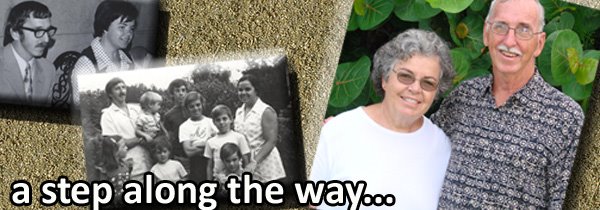Just now I am reading a very old book by Dietrich Bonhoeffer, “The Cost of Discipleship” – first published in 1937. He makes this statement: “First they came for the Communists, but I was not a Communist so I did not speak out. Then they came for the Socialists and the Trade Unionists, but I was neither, so I did not speak out. Then they came for the Jews, but I was not a Jew so I did not speak out. And when they came for me, there was no one left to speak out for me.” It made me think about the situation of working as a missionary in a country where there are serious issues of civil rights. What are the “right positions” for the missionaries to take? Do we just keep our heads down and “not speak out?” and say, “I am here to do missionary work, and not to be political?” Is it “political” to point out severe civil rights abuses? On the one hand, IF we just keep quiet and say nothing about the atrocities, are we not being “silent approvers?” Are we, in fact, condoning what is happening? On the other hand, if we speak out, we then might well endanger ourselves and those we work with, even to the point of being imprisoned or worse. Most likely the least that would happen is that we would be quietly (or not so quietly) deported from the country and never allowed to return – and how does that benefit the people we are trying to help? I have never had a desire to be a martyr (I intensely dislike pain!), but it is an interesting dilemma. Perhaps the best solution is to be as Christ-like as possible, and show true love and compassion for ALL whom we come in contact with (even those responsible for the atrocities), and at the same time express our dismay and disapproval of the acts themselves, without naming names or pointing fingers.
There are many examples of missionaries working in countries where they became martyrs because of “speaking out” and trying to stand up for the civil rights of the very poor. Some of these examples are not that long ago in Central America—especially in Nicaragua, El Salvador, and Honduras.
Mission Doctors has always taken the position that they would NOT send doctors and their families into “dangerous” situations, and that is for sure the correct position. Still, over the years, those missionary doctors have found themselves in situations where abuses have occurred, and so the question still remains, “what to do?” I don’t have the answers; only the question. Maybe others will want to respond with their opinions?
Ultrasound for Likuni
6 years ago




